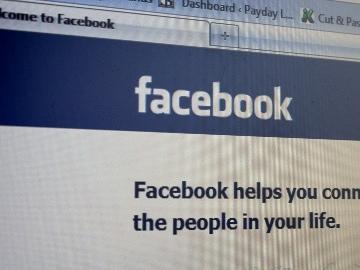
Section Branding
Header Content
Online Privacy: Maybe Not So Private
Primary Content

The Fayette County school district is facing a lawsuit this summer from a former student, raising questions about the privacy users of social media can expect online.
The answer: it depends.
Chelsea Chaney, now a University of Georgia freshman, wants $2 million because a school district employee downloaded a Facebook photo of her in a bikini and used it in a presentation to students and parents about social media.
She said she set the privacy options for the photo so only her Facebook “friends” and “friends of friends” could view it. Trying to control those options can matter.
“What that has bearing on is the level of control you’ve attempted to exercise over the use of whatever your material is, whether it’s textual content, or photo or video content,” said Derek Bauer, a partner at the McKenna Long & Aldridge law firm in Atlanta. “Certainly judges who are being asked to weigh in on the application of older, pre-technology privacy laws to social media are going to looking at what we call the ‘reasonable expectation’ that you have in the privacy of the information and how you’ve used it.”
Bauer specializes in media, First Amendment and intellectual property litigation. He said Chaney will be hard-pressed to convince a judge had a reasonable expectation that no one she didn’t want to would see the photograph. But copyright and intellectual property law might apply more in her situation.
“Even if she’s relinquished her privacy rights, I think there’s a strong argument that she still has property rights,” Bauer said. “She still probably has some copyright or other physical possession rights to the photograph.”
But he said the law, in general, remains very unsettled when it comes to the control users have over their materials once they are posted on social media sites.
“That’s going to be an interesting area of the law to develop where you’ve chosen to post something on Facebook or other social media,” Bauer said. “While you may acknowledge that you have relinquished some rights you have to keep that information private, that may not necessarily insulate you from someone taking the information and using it in a way that perhaps damages your reputation [or] casts you in false light, so to speak.”
Tags: Twitter, Facebook, privacy rights, social media, pinterest, Instagram, Tumblr, facebook posts, online privacy, derek bauer
